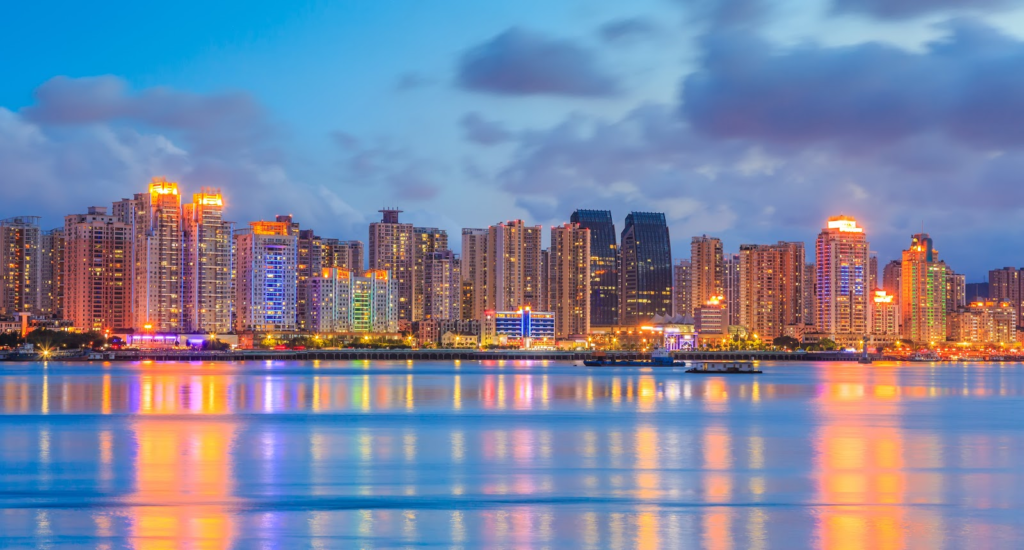
60 years ago, the mountainous harbor city Wenzhou in China was declared a “Christianity-free place” by the Chinese authorities. Today it is the epicenter of missions in China.
A big share of the cities’ mission activities happen through businesspeople and professionals, concludes the Chinese mission leader Qing Quan in an article that has been translated to English and published by ChinaSource. Today Wenzhou is called “the Jerusalem of China” due to its many churches.
People from Wenzhou, often referred to as Wenzhounese, are known for their entrepreneurial skills. A high share lives abroad where they have started numerous restaurants and wholesale businesses. Qing Quan explains how many Wenzhounese emigrants became tentmakers and business as mission people without even knowing the terms.
Merchants planting churches
“Merchants and students were two main groups of Wenzhou people leaving the area between 1980 and 2010. While there was no lack of Christians among them, most Christians did not move away for the sake of the Gospel. These Wenzhou Christian merchants did, however, begin establishing churches wherever they went for the simple reason that they needed a place to worship. Fortunately, many churches began using Mandarin in their gatherings, naturally attracting non-Wenzhou people to join the church,” writes Qing Quan.
In addition, he describes how young Christian students left Wenzhou to get higher education. They also brought the Gospel with them. By 2010 The Wenzhou Christian Churches’ college ministry group alone oversaw more than 30 student fellowships.
Migrant workers
According to Qing Quan the churches in Wenzhou are also very active in reaching out to migrant workers coming to their city. Mobile white-collar workers is one specific group that the churches focus at.
Brent Fulton, the president of ChinaSource, underlines how business is influential.
“Business provides natural means of financial support and a legitimate platform for entry into a culture. It can also open doors for influence,” he writes in ChinaSource.
Fulton warns that not everyone will be able to follow the patterns of what is now getting known as the “Wenzhou model” for missions.
“The success story of Wenzhou is the product of its unique geography, history, and culture. These have combined to create a particular entrepreneurial spirit that enables Wenzhou Christians to go anywhere and thrive anywhere, to find and exploit opportunities, to operate with political savvy, and to support one another through a global network of relationships,” writes ChinaSource’s president.
You can read several articles about Wenzhou missions at https://www.chinasource.org/resource-library/chinasource-quarterlies/doing-missions-with-chinese-characteristics/
By Steinar Opheim